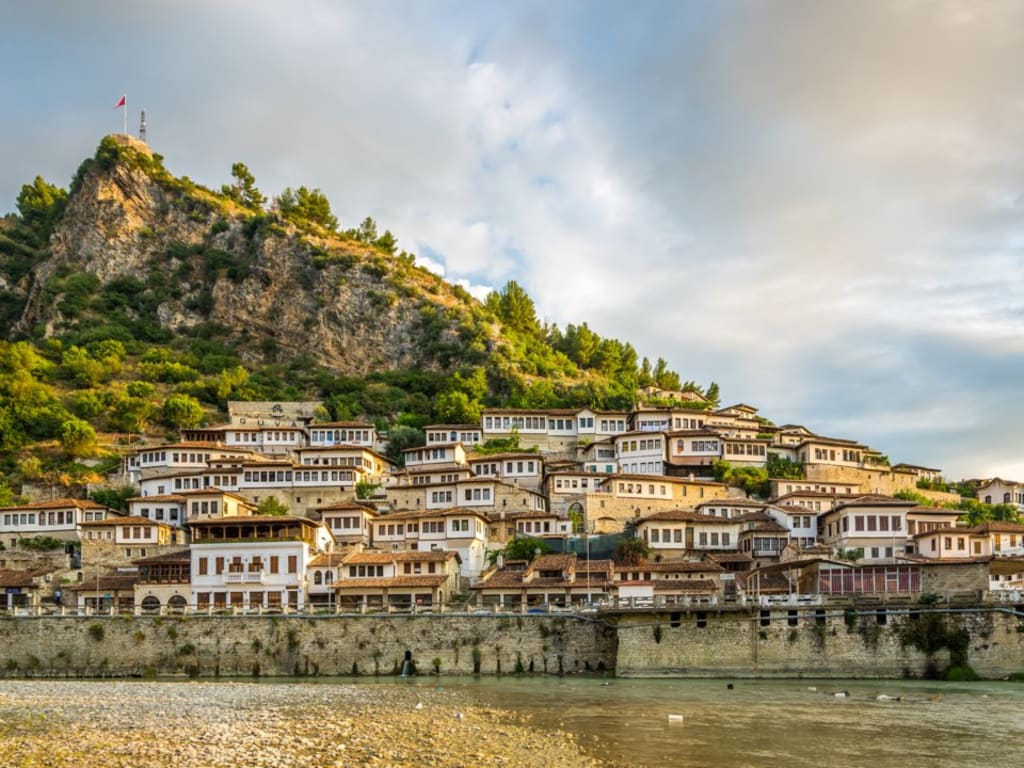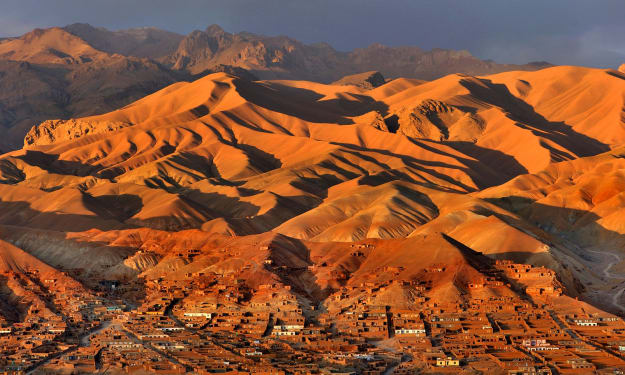Albania: Tracing the Footsteps of an Ancient Land
Albania: A Journey of Resilience and Renewal Across the Ages

Nestled in the heart of the Balkans, Albania is a land of rugged mountains, pristine coastlines, and a rich cultural heritage that spans millennia. From its ancient origins to its modern struggles for independence and prosperity, the history of Albania is a captivating tale of resilience, resilience, and renewal.
Ancient Origins:
The history of Albania dates back to antiquity, with evidence of human habitation in the region dating back to the Paleolithic era. The Illyrians, an ancient Indo-European people, inhabited the area during classical antiquity and established a series of powerful kingdoms that rivaled the Greek and Roman empires.
The Illyrians were known for their warrior culture, skilled craftsmanship, and sophisticated social organization. The city of Shkodra (Scodra) emerged as a major center of Illyrian civilization, with impressive fortifications and temples dedicated to their gods.
Roman and Byzantine Rule:
In 168 BCE, the Roman Republic conquered Illyria and incorporated it into the province of Illyricum. Under Roman rule, Albania flourished as a prosperous region of the empire, with thriving cities, trade routes, and cultural exchange.
Following the division of the Roman Empire in the 4th century CE, Albania became part of the Byzantine Empire and experienced a period of Christianization and cultural assimilation. Byzantine influence left a lasting impact on Albanian language, culture, and religion, with Orthodox Christianity becoming the dominant faith.
Medieval Kingdoms and Ottoman Conquest:
In the Middle Ages, Albania was ruled by a series of independent kingdoms and principalities, including the Principality of Arbanon and the Kingdom of Albania. These medieval states played a crucial role in resisting Byzantine and Venetian expansionism and preserving Albanian identity and autonomy.
In the 15th century, Albania fell under Ottoman rule following the conquests of Sultan Mehmed II. Despite initial resistance, the Ottomans gradually established control over the region, ushering in a period of cultural, religious, and political transformation.
Ottoman rule in Albania was marked by a complex interplay of cooperation and resistance, with Albanian clans and chieftains playing a prominent role in the administration of the empire. The Ottomans introduced Islam to Albania, leading to the gradual conversion of the population to Sunni Islam.
National Awakening and Independence:
In the 19th century, Albania experienced a cultural and political renaissance known as the National Awakening, as Albanian intellectuals and activists sought to assert the country's identity and independence. The rise of nationalism in Europe inspired Albanians to demand greater autonomy and self-determination.
The League of Prizren, founded in 1878, emerged as a focal point of Albanian nationalist aspirations, advocating for the preservation of Albanian culture, language, and territory. Despite facing opposition from Ottoman authorities and neighboring powers, the League played a pivotal role in laying the groundwork for Albania's eventual independence.
Albania declared its independence from the Ottoman Empire on November 28, 1912, following the outbreak of the First Balkan War. The newly formed Albanian state faced numerous challenges, including territorial disputes with its neighbors, internal instability, and economic underdevelopment.
World War II and Communist Era:
During World War II, Albania was occupied by Italian and German forces, leading to a period of brutal repression and resistance. The Communist Party of Albania, led by Enver Hoxha, emerged as a dominant force in the country's political landscape, eventually seizing power in 1946.
Under Hoxha's rule, Albania became one of the most isolated and repressive regimes in the world, implementing a strict Stalinist ideology and pursuing a policy of self-reliance and isolation from the outside world. The country's economy stagnated, and human rights abuses were widespread.
Transition to Democracy and European Integration:
Following the collapse of communism in Eastern Europe in the late 1980s, Albania embarked on a path of political and economic reform, transitioning from a one-party state to a multiparty democracy. The country held its first free elections in 1991, ushering in a period of democratic experimentation and social change.
In the decades since the fall of communism, Albania has made significant strides towards political stability, economic development, and European integration. The country has implemented reforms aimed at strengthening democratic institutions, promoting human rights, and fostering economic growth.
Albania's journey towards European integration has been marked by challenges, including corruption, organized crime, and social inequality. However, the country remains committed to its European aspirations, seeking closer ties with the European Union and NATO.
In conclusion, the history of Albania is a testament to the resilience and endurance of its people in the face of adversity. From its ancient roots to its modern aspirations, Albania's story is one of struggle, transformation, and renewal. As the country continues on its path of development and reform, its rich cultural heritage and proud traditions serve as a source of inspiration for future generations.





Comments (1)
Hello, AI is permitted on Vocal. It is a Vocal policy that content created with AI is identified as such at the start of the story/article. Your article/story has many hallmarks of AI-assisted/generated content. You can find the details of the Vocal policy here: https://vocal.media/resources/an-update-from-vocal-on-ai-generated-content, Please amend your piece to be in compliance. If you are not a Vocal+ member you will need to contact Vocal here ([email protected]) and ask them to send your content back into your 'Drafts' where you can edit your story/article/poem. If you don’t correct this the content may be removed by Vocal and/or you may be deleted from the platform. This has been reported to Vocal.